The small drugstore, located on the corner of 7th and Oak Street, was one of two 4-star cheeseburger joints in Louisville, Kentucky. In the 1960s, it set the course for desegregation of businesses everywhere—the first diner to open its dine-in services to people of color.
Zegart, a Louisville native was there to see it first. A young woman, African American, walked into the diner with an escort.
She sat at the counter, and ordered a cheeseburger. Julie, the waitress at the time, took her order, but told the woman she’d have to take it to go—she could not eat it at the counter.
After a brief moment of thoughtful silence, the woman quietly responded, “Why?”
“We were all very uncomfortable because we knew segregation wasn’t right,” Zegart said. “We were all in this flux, thinking what do we do?”
Confused and guilty, Julie asked Zegart to speak to the woman. She asked Zegart the same question.
“Then I looked her in the eye…and I had no answer, because there was no answer,” Zegart said. “Then I said, ‘why…that’s a very good question. Julie fix her anything she wants, let her sit down.’”
That was where it began—desegregation in Louisville. Of course, it did not come easy.
“We never questioned [segregation],” Arnold Zegart said. “but it sounds crazy now! Why did we do that? It wasn’t knowing. It’s just that’s the way things were.”
Zegart and his father’s business lost patronage from some of its customers.
“We had some say ‘Oh I’ll never come in here again,’ and my dad said ‘You know what, we were in business before you came, and we’ll be in business if you get the hell out of here. So, we don’t really care. Goodbye.’”
The experience shaped Zegart’s life today. After retiring and closing the store in 1992, he went back to work as a pharmacist at Winn-Dixie Grocery.
He worked in West Louisville, a predominately black community, and began to see the effects of institutionalized racism and access to food.
“When I was a pharmacist, there were a lot of overweight white people, but it was more prevalent in the black community and I think it’s due to eating habits. I saw a lot of diabetes and heart disease and a lot of other things that go with being overweight,” Zegart said.
On that note, he set out on a mission to solve this food desert issue. He joined New Roots, a food justice organization that focuses on connecting food insecure neighborhoods with local farmers and getting food from the farm directly to the kitchen table.
“That’s what New Roots put in front of me—the lack of fresh fruits and vegetables, poor eating habits and eating properly. It’s just a part of my life. I get involved in a lot of things. I don’t question why; sometimes I just do and never second guess it,” Zegart said.
What started off as a small store in West Louisville and became a historical and untold contribution to Louisville’s history.
“It just happened, and I didn’t realize at the time, that maybe I was a part of history, Zegart said. “I didn’t look at it that way. I could never forget when she looked me in the eye and said, ‘why?’”


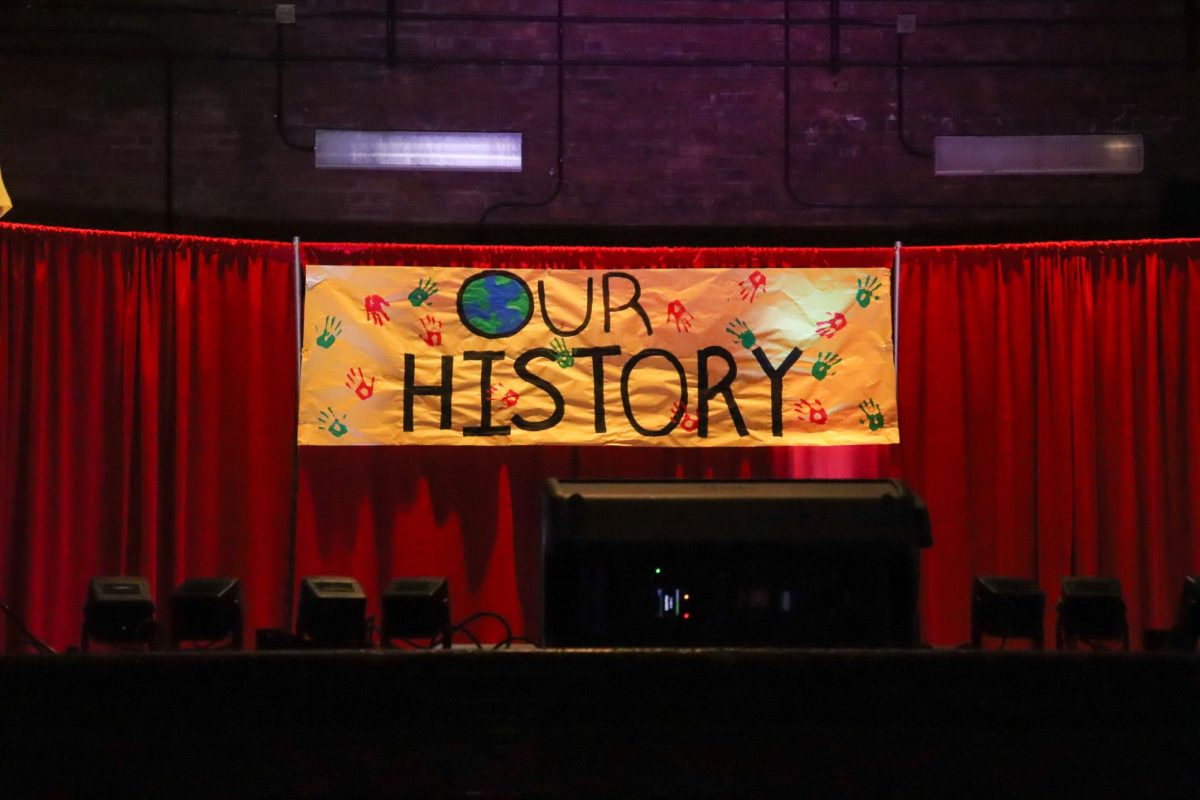
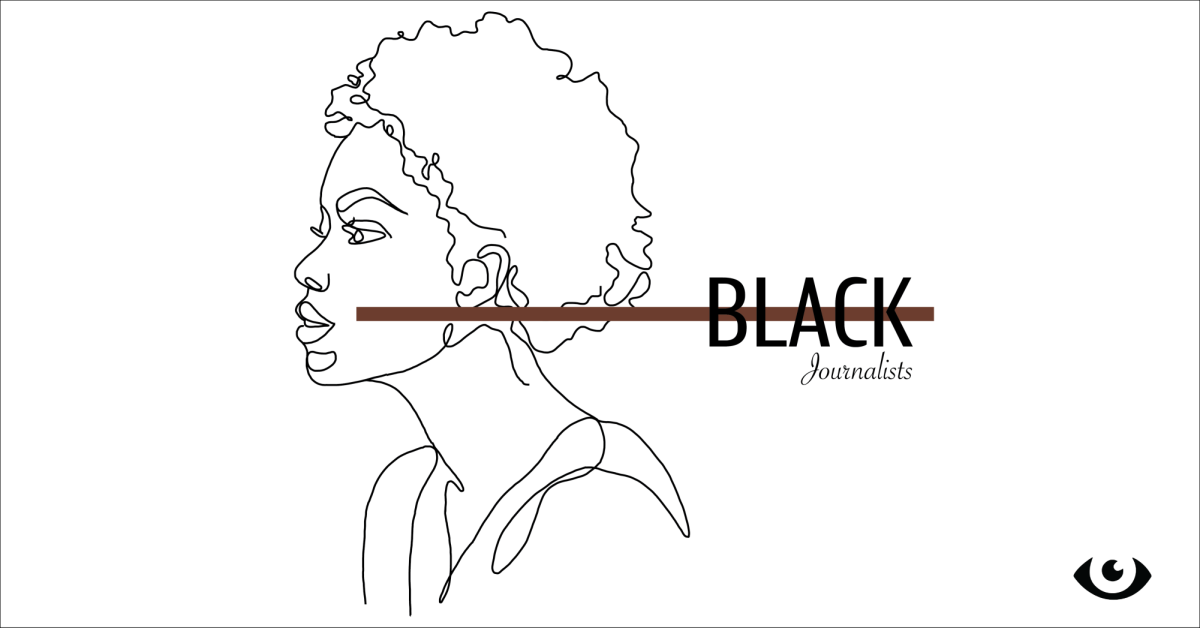
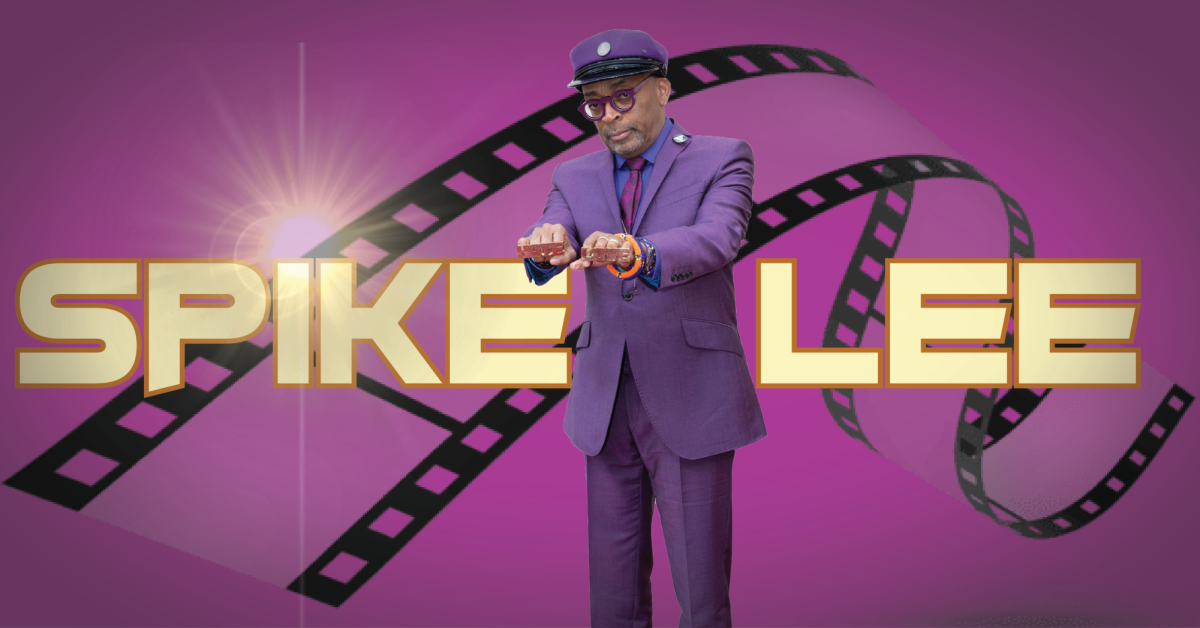
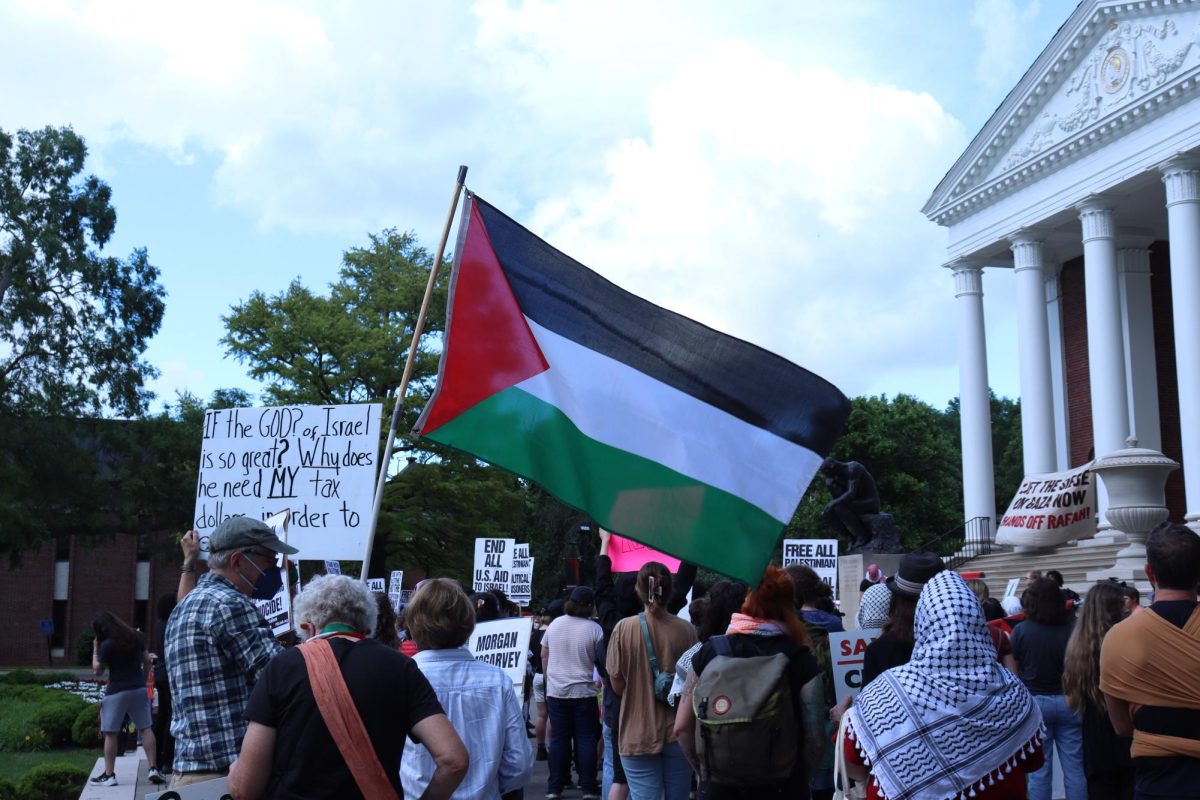
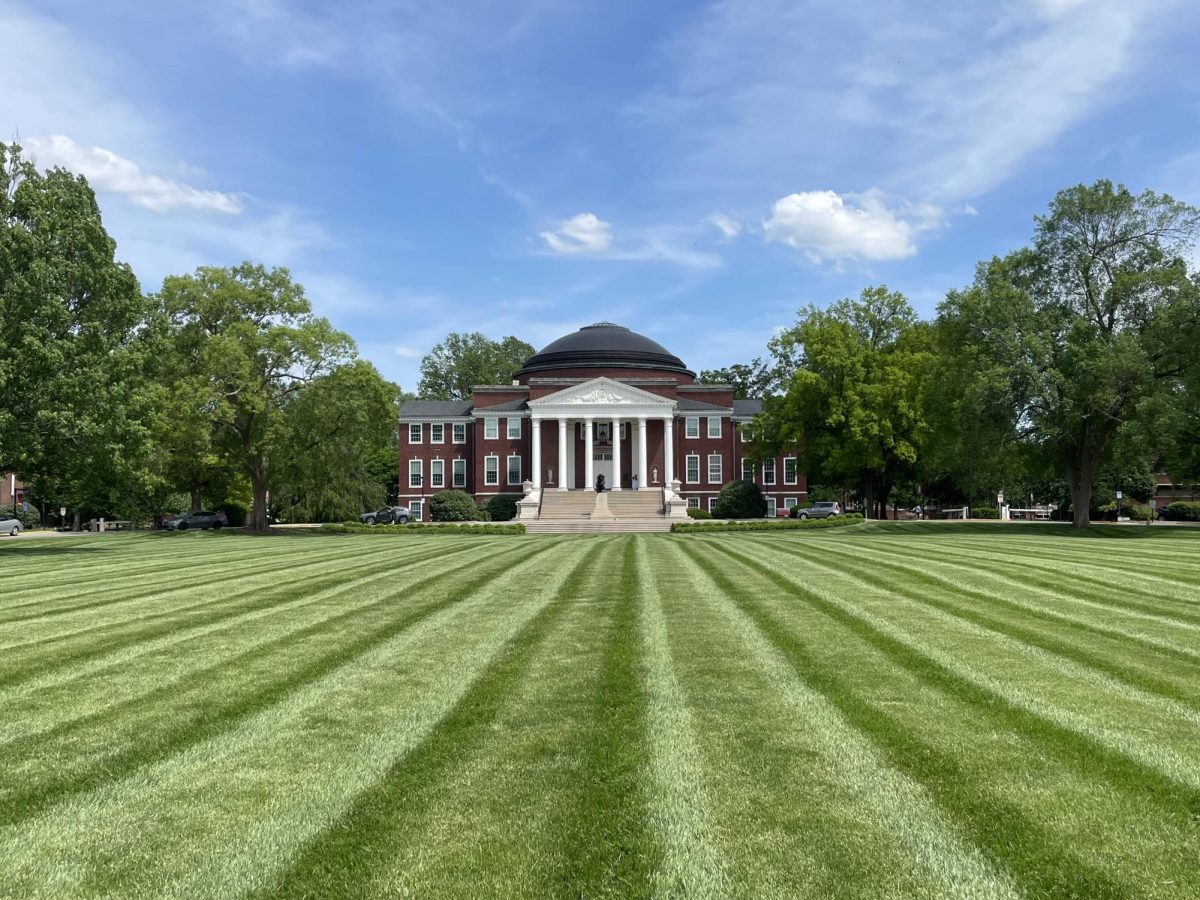
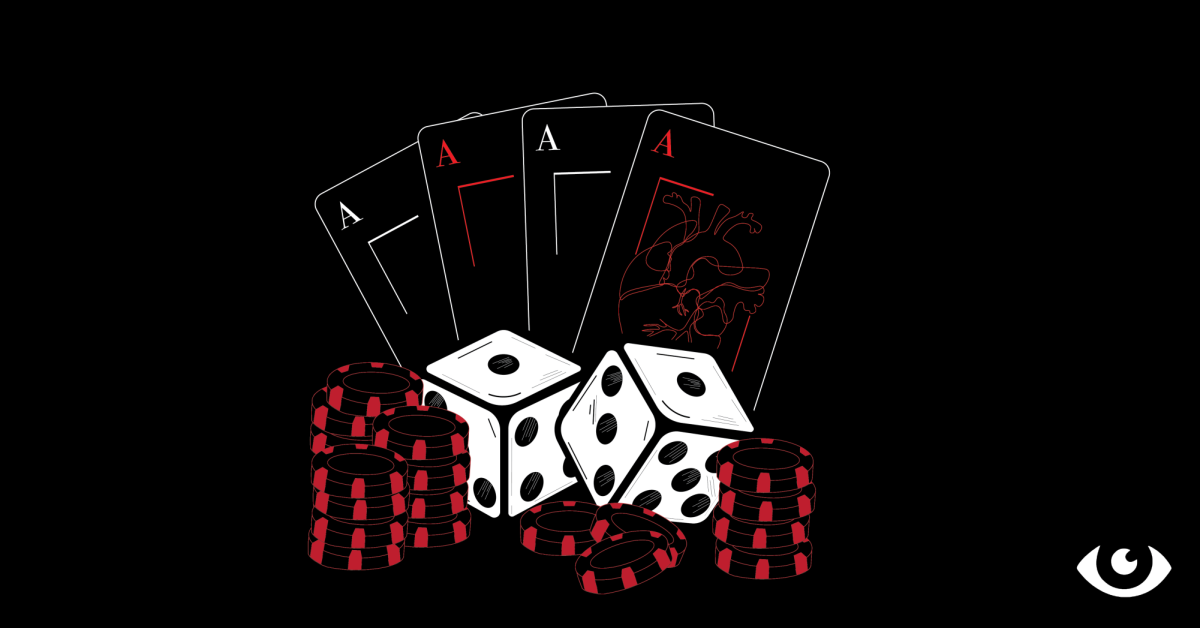
Karyn moskowitz • Feb 25, 2017 at 9:51 am
Great job Robbie. More stories like this need to be told.